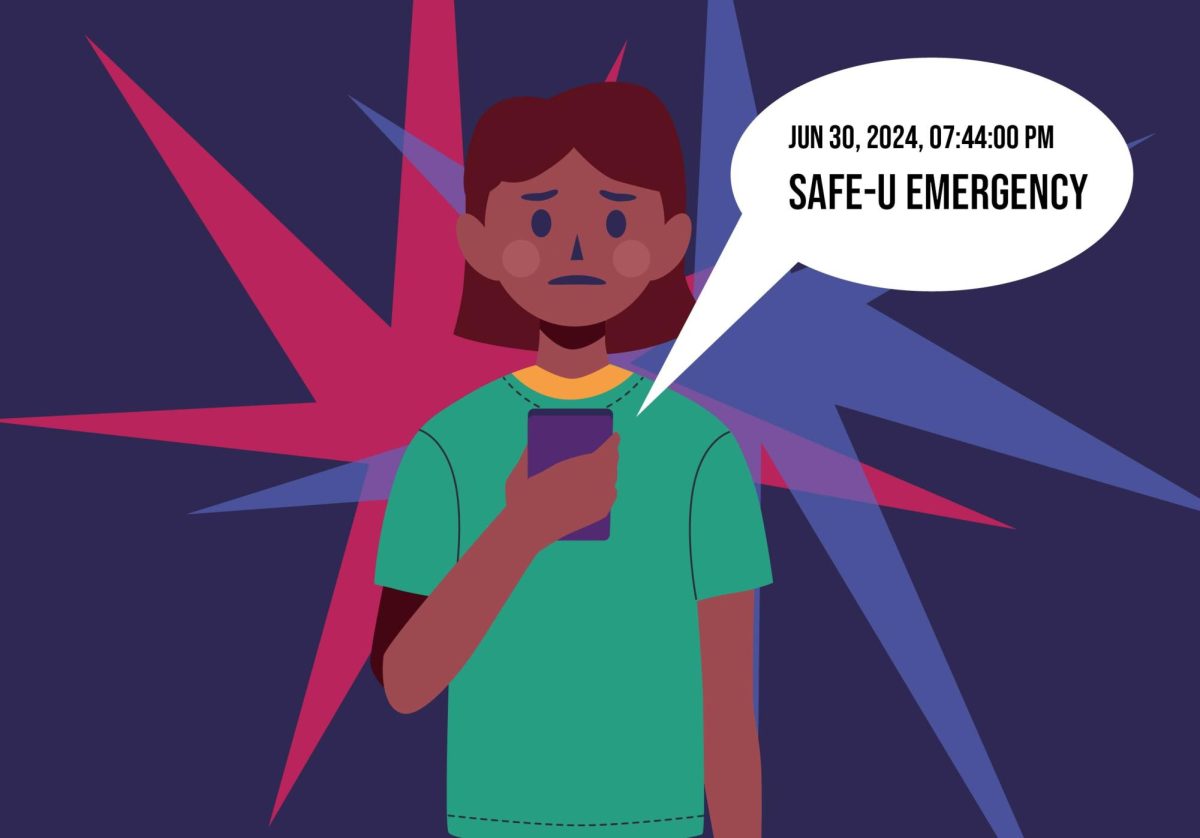As COVID-19 vaccines become more widely available around the country, public health experts, workers and administrators are coming together to operate vaccine clinics at the University of Minnesota.
Several public health units at the University have been collaborating to plan and implement vaccine distribution processes, including Boynton Health, the University’s Health Emergency Response Office (HERO) and the Medical Reserve Corps. Although these units typically operate relatively independently, the pandemic has brought them together as the University coordinates its response efforts.
In recent days, the University’s vaccination site has expanded its offerings to allow students to make appointments. Nurses and administrators said the increased vaccine availability in the state, which supplies the University, has made them feel optimistic about the future of the pandemic.
“In the last couple weeks, with registration and signups [for appointments], it’s just been taking a little bit longer for our clinics to be filled up. So it just feels like people are getting vaccinated and like things are leveling out,” said Lesley Gray, a public health nursing supervisor at Boynton.
As a nursing supervisor, Gray works to coordinate the operations of the Boynton clinic, from organizing people to administer the vaccines and monitor patients to helping staff and volunteers run the check-in desk and direct patients in the right direction.
The University has also hired and trained additional nurses and student workers to help with testing and vaccine efforts, said Emma Butzer, a public health lead nurse at Boynton.
While Boynton oversees the distribution of vaccines to the University community, HERO focuses more on coordinating with state and federal governments on guidance around vaccinations, said Jill DeBoer, director of HERO.
Additionally, HERO oversees the University’s Medical Reserve Corps, a group of volunteer healthcare workers that may help run vaccine clinics or perform testing when needed.
While some workers have met in person to set up and run clinics, much of the coordination and planning for vaccine distribution has occurred virtually. The demand has also forced many members of the vaccine team to step away from other aspects of their jobs.
“Our focus has completely changed from other public health programs on campus that we had down to a tee and do the same way every year to do something brand new,” Butzer said. “The biggest differences went from a job where you can basically clock out at the end of the day to a 24/7 responsibility.”
The University’s public health offices have prepared to handle emergency responses through different drills and simulations in the past, “but there’s nothing really that can truly prepare you for a pandemic of this scope,” said Kathy Berlin, deputy director of HERO and Medical Reserve Corps coordinator.
The demands of the COVID-19 virus, like the need to socially distance and wear masks, posed new challenges for response planners, said Catherine Harrison, a public health clinical response planner with HERO. The shifting guidance from the federal and state governments surrounding the vaccine was another aspect to consider, she said.
Throughout the pandemic, the Minnesota Department of Health has been advising the University on public health guidelines and, more recently, supplying the University with allocations of vaccines. As the University is not directly in charge of vaccinations, it is often unclear the quantities and types of vaccines the University will receive from the state, making it more difficult to communicate with students, faculty and staff, Butzer said.
The increased attention on public health workers at the University has also resulted in additional criticism at times, DeBoer said, as many people pushed the University to make the vaccine available to students, faculty and staff earlier on in the pandemic.
“It’s really easy for people to say, ‘Why aren’t you doing more?’ and really criticize what they see as the work when they don’t understand the real work that’s happening. We have thick skins, but it’s hard sometimes to hear the criticism,” DeBoer said.
Harrison, an emergency response planner with HERO, also said that working in healthcare throughout the pandemic impacted her perception of the virus and gave her a greater understanding of its impact.
“The big takeaway is just how under capacity [public health] is to deal with these types of situations. We can prepare through practice and drills, but at the end of the day, there wasn’t enough money or reserves or staff that we needed,” Harrison said.
Even with the challenges of the pandemic, the University’s public health team hopes to continue processes they created, such as closer collaboration between workers from Boynton and HERO, said Dave Golden, director of public health and communications at Boynton.
Berlin, who works in HERO and coordinates the Medical Reserve Corps, also emphasized the benefit of working in a larger vaccine team during the pandemic.
“We won’t be talking as much when this all settles down, but I do appreciate the camaraderie that we all have. We’re all nurses — we text each other; we make each other laugh,” Berlin said. “We’ve all had different experiences, but when I look at the work that this team has been doing, to have a group of trusted colleagues and nurses just has been the saving grace.”



























Rusty
Oct 14, 2021 at 12:19 pm
The DEATH SQUAD, they look “normal,” right?
So did Adolf Hitler.